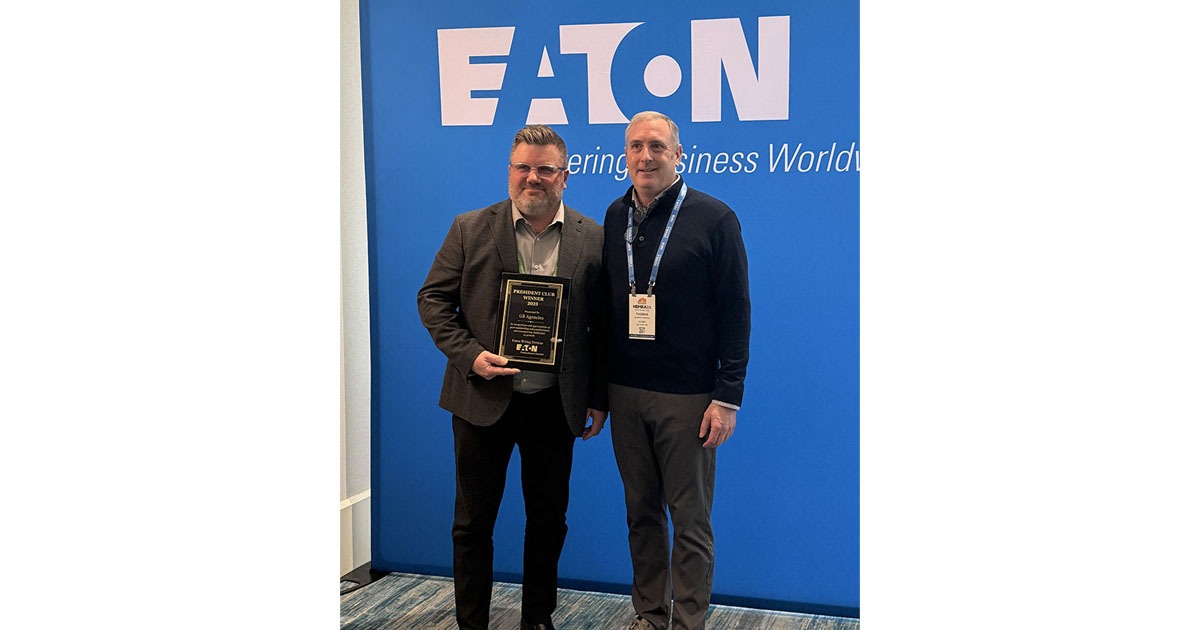Re-thinking a Product’s Value
November 15, 2016
I read an article recently that stated automobile manufacturers are currently re-thinking their role in production and sales of the car. Rather than look at the one-time sale of a car and the profit derived from that, manufacturers are looking at the lifetime value of a car and how they can capitalize on that value.
Typically, a car manufacturer will sell a car to a dealer, who in turn, will sell it for a price (e.g., $25,000). While the value is $25,000, if the car leaves the lot and it becomes an Uber car it could generate well over a million in its lifetime. The “potential value” of the car, based on end-customer benefit, is well over a million dollars. Car manufacturers are thinking about how they can capture more of the full value of the car they produce. This is especially important when the auto industry is moving to driverless cars that may end up being more “borrowed” than purchased.
Another example of capturing the full value is the jet engine. It takes millions of dollars to produce a jet engine, yet the competitive market has kept the margins very low. So rather than get the money from the sale of the product, GE has decided to concentrate on the money gained from services. Getting a $30 million engine on a plane has become a loss leader. GE has software that monitors and maintains engines at remote sites and banks on profits from the service contract. Airlines can worry less about engine maintenance, and instead concentrate on ticket sales and logistics: what they do best. GE can not just relieve airline from maintenance work, they can actually offer a more effective service program.
Money from service isn’t a new concept. When Thomas Edison first invented the light bulb and electrical generation, he wanted to charge homeowners for the “light,” not the power. But with so many uses of electricity, it was impossible to monitor a customer’s actual use. However, the principle of benefitting from the end value makes sense.
Now add computers and software to the equation; today, it would be feasible to monitor a homeowner’s use of electricity (the Internet of things). Utilities could charge customers more for watching TV than running the sump pump, or they could charge a premium for running the dishwasher at 5:00 pm, but not the furnace fan. Utilities could even discount electricity when it is used to heat a house in winter to make it more competitive with natural gas.
Sometimes sales people see software and computers as competitors to the sales function. It really is the exact opposite. Software can build service; it can take service to the next level. It can free up time for customers, put the responsibility into the hands of the expert, reduce costs, and improve efficiency.
As manufacturing becomes more and more replicated around the globe, services derived from the product will receive the lion’s share of the profits. The key is to develop the right kind of software programs to build on those services. GE has built a technical support system into every jet engine, and Uber has designed software to maximize the return on an automobile.
At our recent Future Forum event in early November, Himamshu Prasad from GE described GE’s street lighting. With LEDs and WiFi, streetlights can be used to monitor traffic, parking spaces, traffic signals, light levels, and occupancy. This adds a whole new aspect of safety and security to neighborhood.
The lighting can be sold once to a town… or it can be offered with the latest service designed around software that monitors and provides them with services they are willing to pay for.
I think if you listen very carefully, you can almost hear Thomas Edison cheering in the background.
Rick McCarten is VP, Operations, Electro-Federation Canada.











